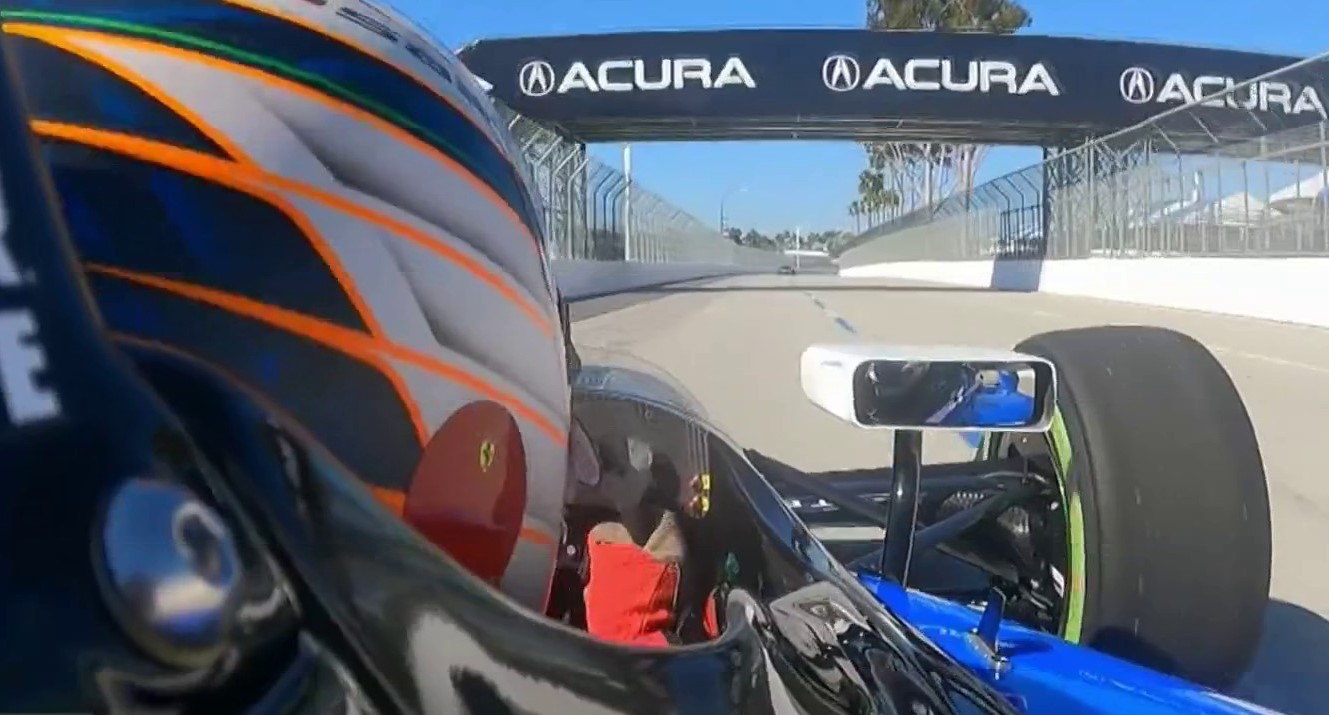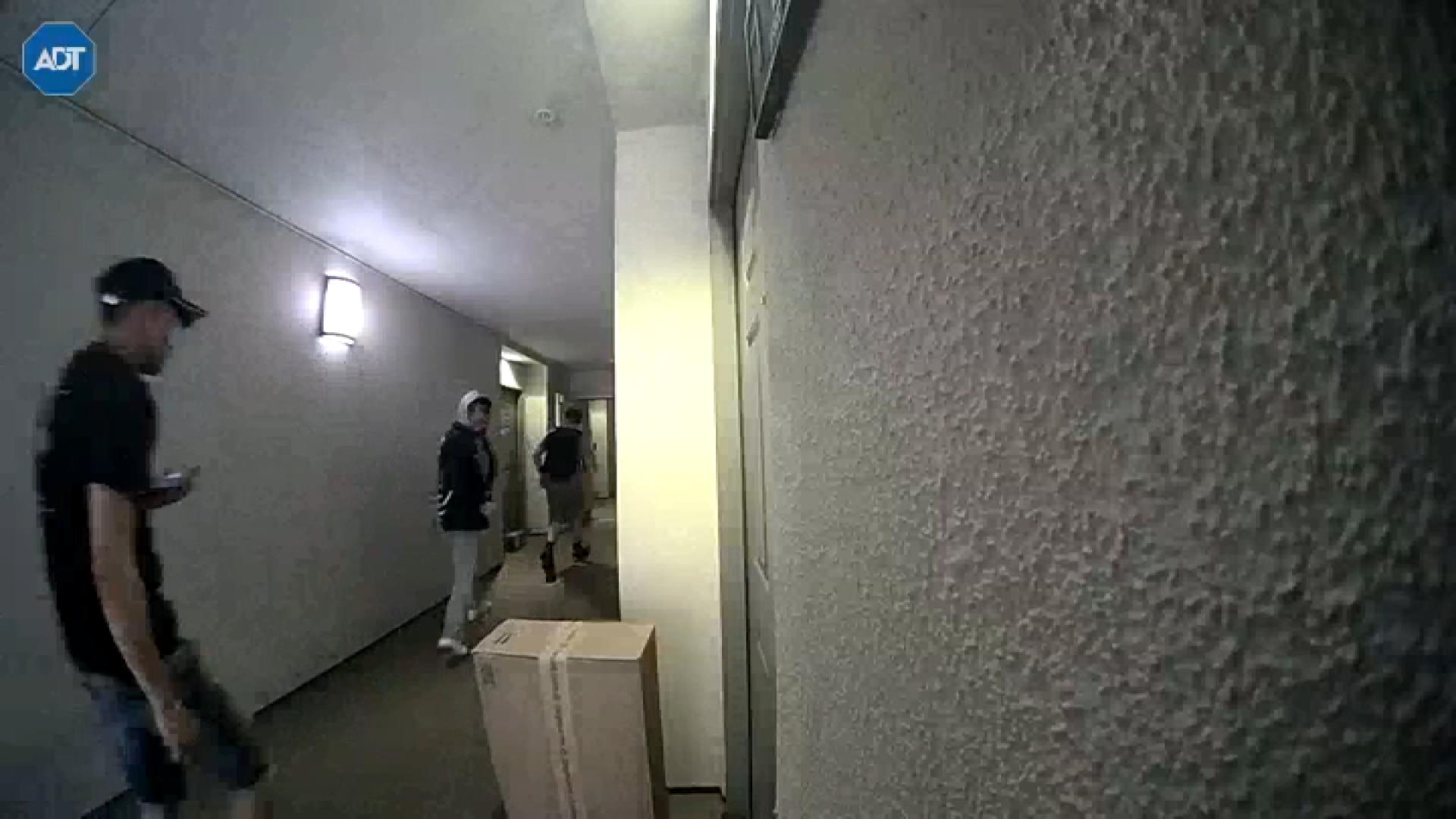Two members of the medical team on duty when Michael Jackson arrived at the hospital on the day he died testified Monday that Dr. Conrad Murray never told them he had given the superstar the powerful anesthetic propofol.
Testimony Timeline | Coroner's Report | Special Section
Dr. Richelle Cooper, who said Jackson was already dead by the time he arrived at Ronald Reagan UCLA Medical Center, also told the jury about trying to speak with the superstar's children after their father was pronounced dead at 2:26 p.m. on June 25, 2009.
"They were crying,'' Cooper said. "They were fairly hysterical.''
The testimony came on Day 5 of the involuntary manslaughter trial of Jackson's personal physician. Cooper, Cardiologist Thao Nguyen and paramedics, who testified last week, insisted that Jackson died in the bedroom of his rented Holmby Hills mansion, but said his personal physician demanded that life-saving efforts continue at the hospital.
"Mr. Jackson had already been dead for some time when he became my patient," Dr. Cooper said Monday under cross-examination from the defense. "I made a call based on the radio information I had (from paramedics). I felt comfortable pronouncing him (dead).''
Cooper was on the phone with paramedics when she advised them to pronounce Jackson dead about 30 minutes after paramedics began life-saving efforts.
Murray told the paramedics Jackson was being treated for exhaustion and dehydration, paramedic Richard Senneff testified Friday. The only drug Murray mentioned was the sedative lorazepam, and Murray never indicated he was administering propofol, several members of the medical team testified.
Defense attorney J. Michael Flanagan asked Cooper whether that would have made a difference in her treatment. She said it would not have, nor would it have changed the outcome after the ER team worked on Jackson for more than an hour.
When Flanagan asked Nguyen whether she had ever heard of propofol being used outside of a hospital, Nguyen responded, "I don't ask what other doctors use for their procedures."
Deputy DA David Walgren immediately asked Nguyen, "Have you ever heard of someone using propofol in a bedroom?"
"That would be a first," Nguyen said.
Local
Get Los Angeles's latest local news on crime, entertainment, weather, schools, COVID, cost of living and more. Here's your go-to source for today's LA news.
Nguyen was in the emergency room when Jackson arrived at 1:13 p.m. During her testimony Monday, Nguyen said she asked Murray whether there were other narcotics or sedatives besides lorazepam that had been given to Jackson.
Murray said he had not administered any other drugs, Nguyen testified. When asked whether he mentioned the anesthetic propofol, Nguyen said, "Absolutely not."
"From the brief conversation I had with Dr. Murray, I had concerns," said Nguyen. "In Dr. Murray's mind, if we called (Michael Jackson's death) it at that time, it would be giving up easily."
Edward Dixon, an AT&T engineer, took the stand Monday morning after Cooper. Jeff Strohn, a Sprint-Nextel employee, also testified about Murray's phone records.
Phone records played a key role in the prosecution's case during the preliminary hearing in January. Prosecutors showed that Murray was engaged in three phone calls in the hour before he emerged from the bedroom and asked a chef to seek help.
Dr. Joanne Prashad, an internal medicine doctor from Houston, who shared a patient with Murray testified she spoke with Murray the morning Jackson died.
Late Monday afternoon, Consuelo Ng took the stand. Ng testified she did volunteer work for Murray in his Las Vegas office. Ng testified Murray called his Las Vegas office shortly before 11:30 a.m. and stayed on the phone for longer than 30 minutes that morning.
One of Murray's former girlfriends, Bridgette Morgan, was the last witness on the stand Monday. When she called Murray's cell phone on the morning of June 25, 2009, she testified Murray did not answer.
Prosecutors have attempted to prove that Murray gave Jackson a lethal dose of the anesthetic propofol, then failed to properly monitor his patient. A medical equipment company executive testified last week that the equipment used to monitor Jackson was not adequate.
But Murray's attorneys argue that Jackson self-administered the fatal dose when Murray left the room. In their opening statement, they claimed Jackson created "a perfect storm" inside his own body.
First Week Concludes With Paramedics' Testimony
Two paramedics testified last week about their interactions with Murray, who was described as "frantic" and "flustered." When asked to describe Murray's demeanor, Cooper said she was too busy tending to Jackson to notice his demeanor.
Paramedic Senneff testified that Murray's statements "didn't add up." Senneff said he repeatedly asked Murray, "What's his underlying health condition?"
The doctor responded, "There is none," Senneff said.
"That did not add up to me," said Senneff. "Doctor's in the house. IV pole, IV hooked up to the patient -- it didn't seem normal."
Two members of the team that promoted Jackson's upcoming "This Is It" concerts, a former patient of Murray's and several of Jackson's staff members, including the first security guard who responded to Jackson's bedroom, also testified during the first week. One of the prosecution's most important witnesses, Alberto Alvarez, testified that Murray told him to call 911 after he asked him to hide several bottles of drugs and remove Jackson's eldest children from the room.
"There's always a tendency to rush to judgement when listening to impressive district attorney arguments, but there's a long way to go," said NBC4 legal analyst Royal Oakes. "There's a lot of scientific evidence that the defense has promised to establish that whatever happened to Michael Jackson's life it really wasn't Dr. Murray's actions that caused his death."
Jurors also heard a recording of Jackson, his speech slow and slurred, in which told Murray of his dedication to the upcoming series of London concerts and his goal of building a children's hospital. The message was recorded on Murray's phone about a month before Jackson's death.
The order of upcoming witnesses remains unclear. Judge Michael Pastor prohibited attorneys and staff members from speaking about the case outside court last week after a defense team spokesman conducted a live television interview.
Murray, 58, faces four years in prison and the loss of his medical license if convicted.
Related: The Final Trial of Michael Jackson
Follow NBCLA for the latest LA news, events and entertainment: Twitter: @NBCLA // Facebook: NBCLA



